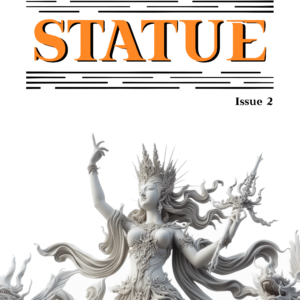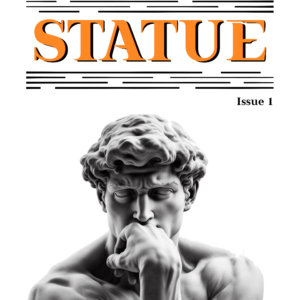Welcome to Literary Legends, articles in which we explore classic authors. If you are interested in more modern fiction, why not check out our Sensational Series articles here?
Jane Austen stands as a towering figure in the world of literature, particularly in the realm of fiction. Her impact on the genre is profound and multifaceted, extending far beyond her own time into contemporary literature and popular culture. Austen’s novels, including “Pride and Prejudice,” “Sense and Sensibility,” and “Emma,” are celebrated for their keen insights into human nature and their exploration of the social and romantic intricacies of early 19th-century England. One of Austen’s most significant contributions to fiction lies in her portrayal of complex and relatable characters. Her protagonists, often strong-willed and independent women navigating the constraints of their society, continue to resonate with readers today. Elizabeth Bennet, the sharp-witted heroine of “Pride and Prejudice,” for example, has become an enduring literary icon, admired for her intelligence, wit, and integrity.
“Time will explain.”
Persuasion, 1818
Moreover, Austen’s novels are renowned for their incisive social commentary. Through her portrayal of the English gentry and their social mores, Austen offers a nuanced critique of the hierarchical society in which she lived. She exposes the hypocrisy, vanity, and superficiality of her characters while also highlighting the importance of moral integrity and personal virtue. Austen’s acute observations of human behaviour and her satirical wit make her novels both entertaining and thought-provoking, appealing to readers across generations and cultures.
Her Innovations
In addition to her thematic depth, Austen’s narrative style and literary techniques have had a lasting impact on the development of the novel. One of Austen’s innovations was her use of free indirect discourse, a narrative technique that allows the voice of the character to merge with that of the narrator, blurring the distinction between the two. This technique gives Austen’s novels a sense of immediacy and intimacy, allowing readers to inhabit the minds of her characters and experience their thoughts and emotions firsthand. Austen’s mastery of free indirect discourse has influenced countless writers, from George Eliot to Virginia Woolf, who have adopted and adapted her narrative technique in their own work.
Furthermore, Austen’s novels are characterised by their careful attention to detail and their precise language. Her prose is elegant and economical, marked by wit, irony, and subtlety. Austen’s ability to convey complex emotions and social dynamics with seemingly effortless grace is a testament to her skill as a writer. Her novels are meticulously crafted works of art, each word and phrase carefully chosen to create a vivid and immersive reading experience. Austen’s commitment to craftsmanship and her dedication to her craft have set a high standard for excellence in fiction writing, inspiring generations of writers to strive for literary perfection.
Austen in Popular Culture
Beyond her contributions to the art of storytelling, Jane Austen’s impact on fiction extends to her enduring legacy in popular culture. Her novels have been adapted into numerous film and television adaptations, stage plays, and even musicals, reaching audiences around the world and introducing new generations of readers to her work. Austen’s characters and stories have become cultural touchstones, referenced and re-imagined in everything from romantic comedies to literary parodies. The enduring popularity of Austen’s novels speaks to their timeless appeal and their ability to resonate with readers across cultures and centuries.
A Profound Influence
Jane Austen’s impact on fiction is profound and far-reaching. Her insightful exploration of human nature, her incisive social commentary, her innovative narrative techniques, and her enduring legacy in popular culture have solidified her status as one of the most influential writers in the English literary canon. Austen’s novels continue to captivate and inspire readers around the world, reminding us of the enduring power of storytelling to illuminate the human experience.

This article has only scratched the surface of Austen’s influence on fiction, but hopefully, it has provided a glimpse into the richness and complexity of her legacy. As we continue to honour her contributions to literature, it is clear that Jane Austen’s influence will endure for generations to come.



